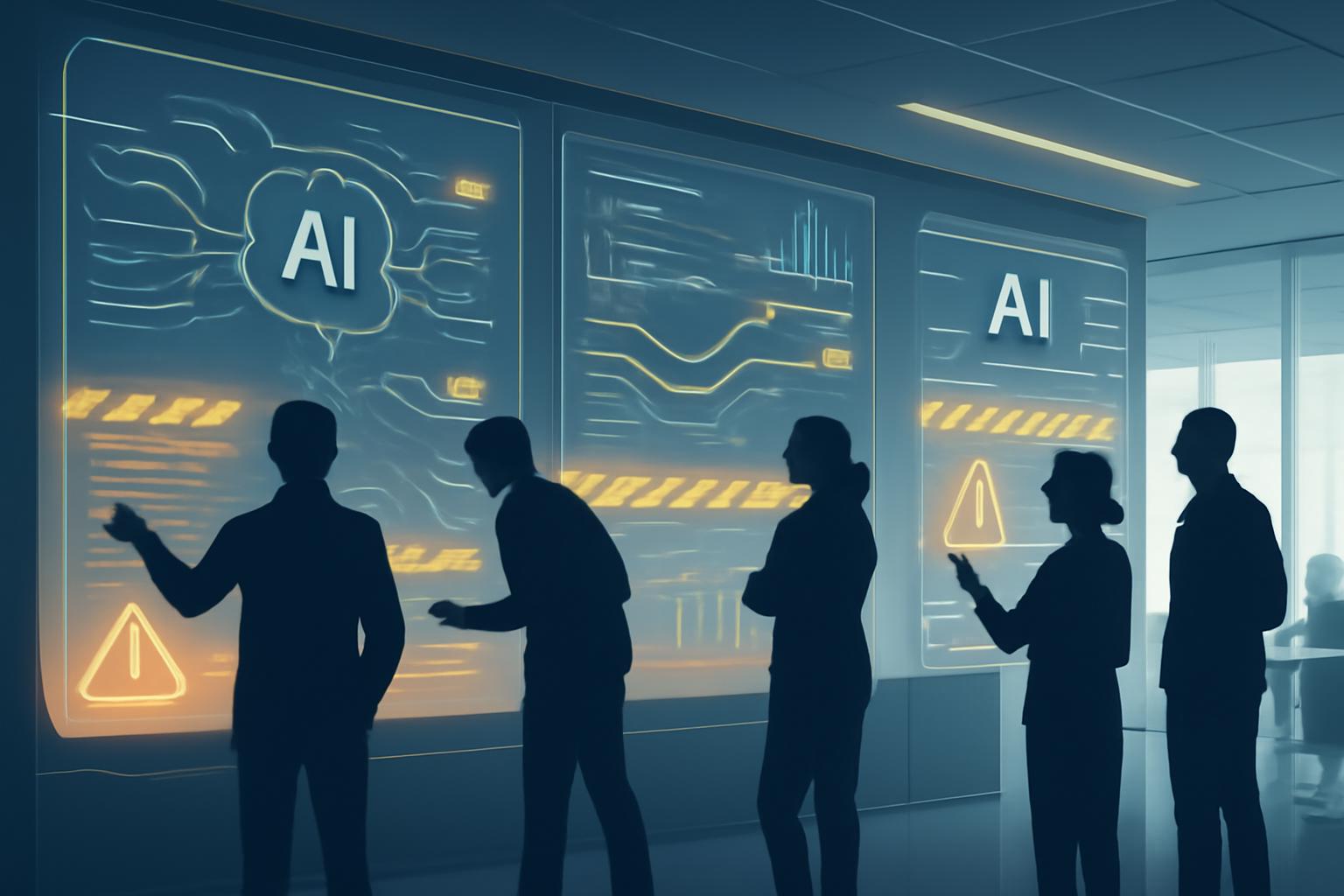Deloitte Accelerates AI Integration Amid Controversy
Deloitte has announced a company-wide rollout of Anthropic’s Claude AI tool, making it accessible to all 500,000 employees. This move signals the firm’s aggressive commitment to embedding artificial intelligence into its enterprise operations despite recent setbacks. On the same day as the rollout, the Australian government mandated Deloitte refund $10 million for an AI-generated report that contained numerous fabricated citations. This incident has raised significant concerns about the reliability and oversight of AI-produced content in critical business contexts.The Growing Pains of Enterprise AI Adoption
The simultaneous launch of AI tools and the refund directive encapsulates the current state of AI in the workplace: rapid adoption outpacing the establishment of responsible use frameworks. Companies are eager to harness AI’s potential but are still grappling with quality control and accountability issues.“This is a perfect snapshot of where we are: companies racing to adopt AI tools before they’ve figured out how to use them responsibly.”
Contents
Additional Industry Developments
- AltStore secured $6 million to integrate its app updates with the fediverse, blending social feeds with software distribution.
- Base Power raised $1 billion in Series C funding to expand home battery deployments across Texas and beyond.
- The National Highway Traffic Safety Administration (NHTSA) opened an investigation into Tesla’s Full Self-Driving (FSD) system following over 50 traffic violations, coinciding with Tesla’s launch of less expensive models lacking Autopilot features.
- Zendesk unveiled AI agents purportedly capable of autonomously handling 80% of customer service tickets, raising questions about managing the remaining 20%.
FinOracleAI — Market View
Deloitte’s simultaneous AI expansion and refund highlight the dual-edged nature of enterprise AI adoption. While AI offers transformative efficiencies, the risks of misinformation and regulatory pushback remain high. The market is witnessing accelerated AI integration but must balance innovation with rigorous validation and ethical standards.- Opportunities: Enhanced operational efficiency, improved customer service automation, and competitive advantage through AI-driven insights.
- Risks: Reputational damage from AI errors, regulatory penalties, and challenges in establishing trustworthy AI governance.













